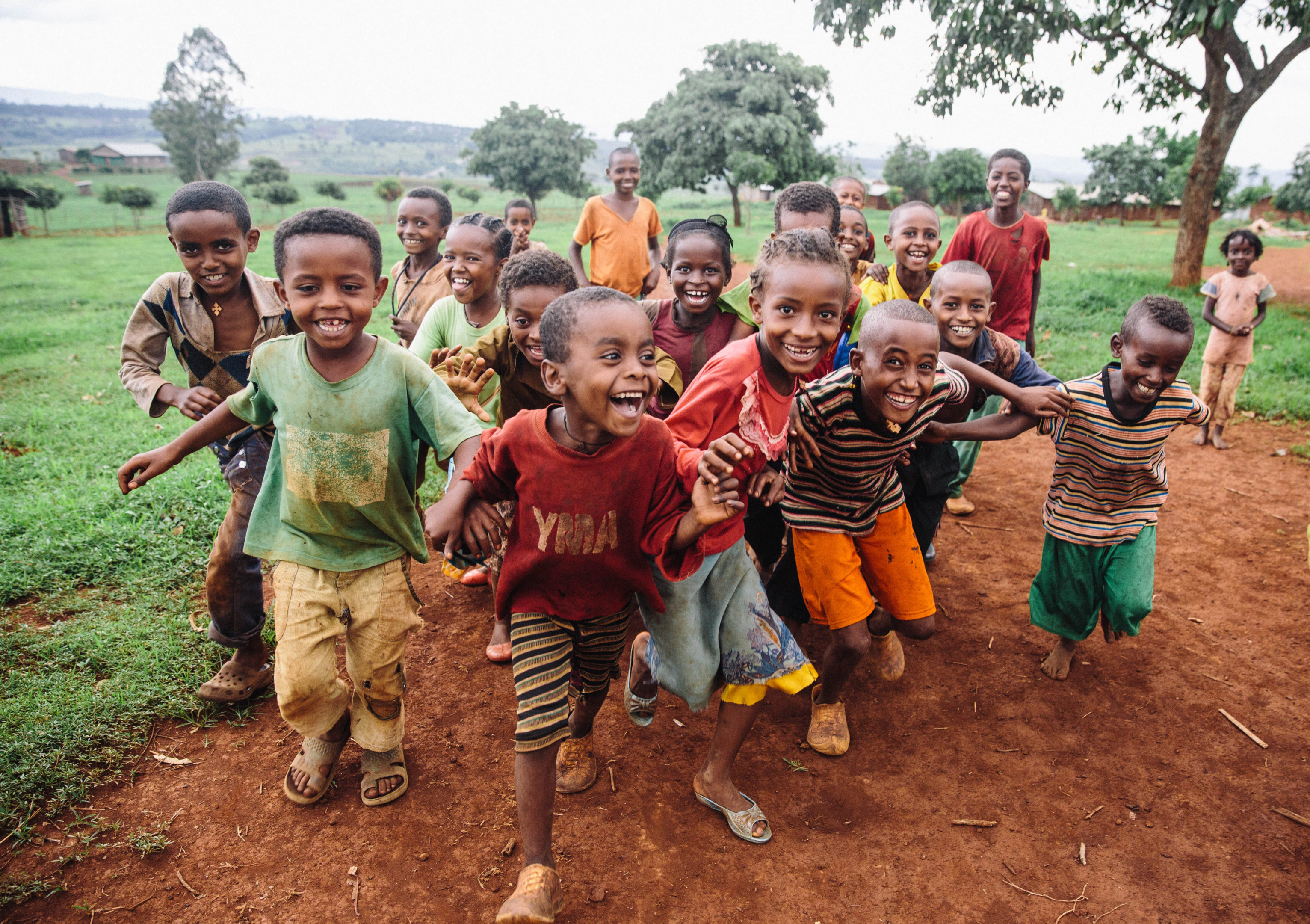
Executive Summary
U.S. investment in foreign assistance works. Global poverty is at an all-time low, hunger has been cut in half, and safe water is increasingly available. But the need and the work continue. For the ninth year in a row, InterAction, an alliance of U.S.-based internationally focused nongovernmental organizations, has prepared Choose to Invest to inform the annual budget debate.
Choose to Invest provides Congress, the Administration, and other interested stakeholders with funding recommendations and justifications for 45 poverty-focused accounts and programs covering development, democracy building, health, and humanitarian action in the international affairs budget. Our recommendations mainly focus on the accounts funded by the State, Foreign Operations, and Related Programs Bill; we also include recommendations safeguarding international food security in the Agriculture Appropriations Bill and international labor and health protections in the Labor, Health and Human Services, Education, and Related Agencies Appropriations Bill.
International affairs programs help communities around the world as they work to end extreme poverty, support the advancement of human rights, promote resilient democratic societies, and spur inclusive economic growth. They work to end hunger, educate children and youth, prevent disease, and provide access to safe water. They have made great strides: the maternal mortality rate has been cut in half since 1990, and vaccines save the lives of approximately 2.5 million children every year. Between 2011 and 2017, Food for Peace programs reached an average of 56 million people in 54 countries each year.
The need still exists. 5.6 million children still die each year of preventable and treatable diseases (down from 12.7 million in 1990), and the number of hungry people is rising for the first time in a decade – in 2017, an estimated 821 million people suffered from hunger, up from 777 million in 2015. Humanitarian crises have emerged or intensified over the past decade, resulting in 131.7 million people in need of assistance.
The funding recommendations do not represent the actual amount required to address the hardships around the world. They attempt to strike a balance between global need and the political and fiscal realities governing the United States budget. Billions more are necessary to provide refuge to displaced people, safeguard human rights, educate children, and diagnose and treat disease. The international affairs budget is less than 1% of overall federal spending. Yet it represents the highest ideals of who we are as a nation: generous, principled, free. It builds economies and supports peace, advancing American values. We ask for your support.